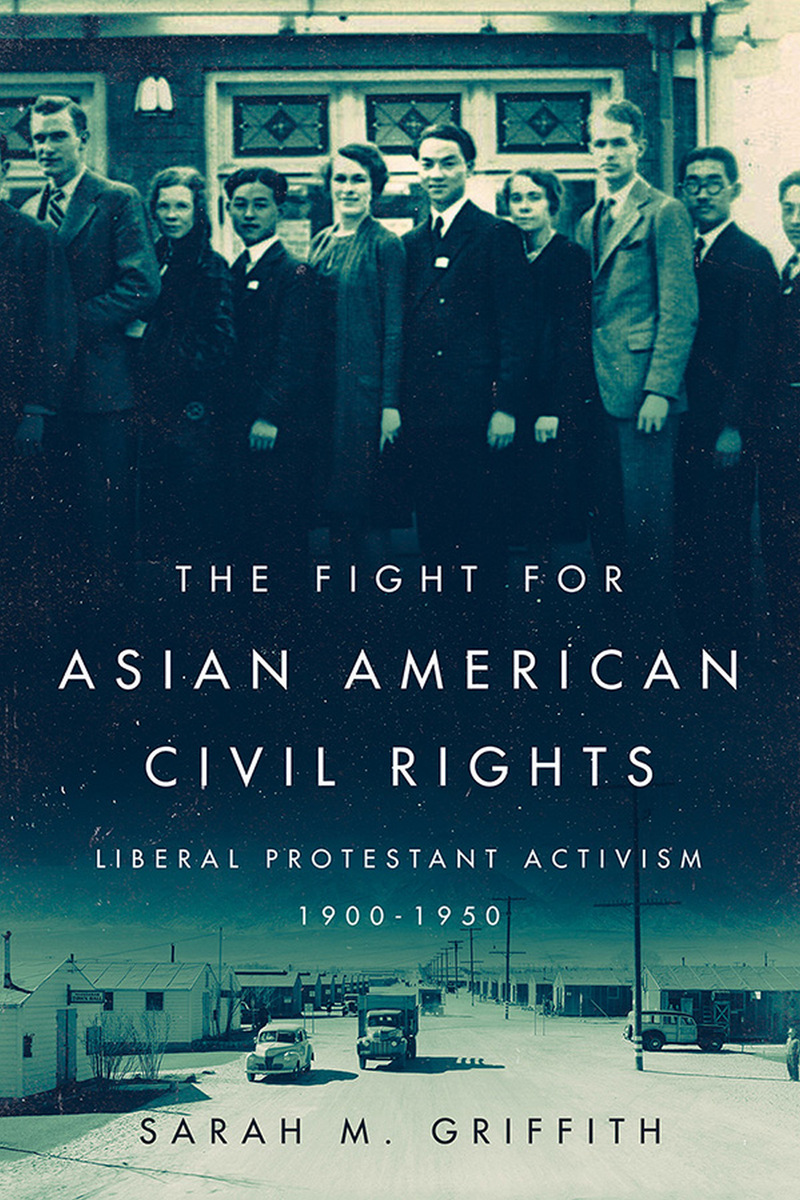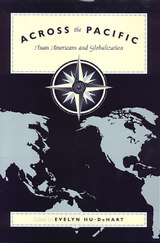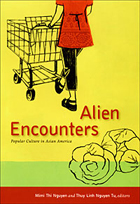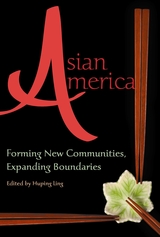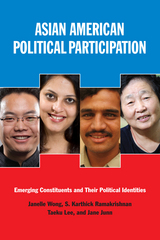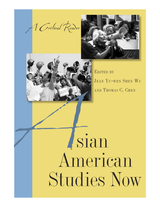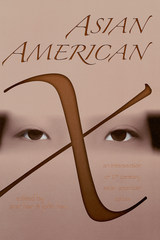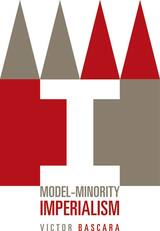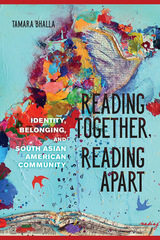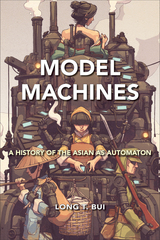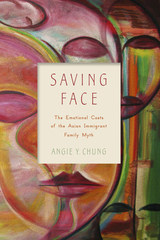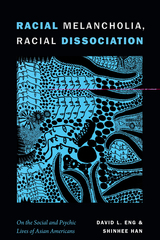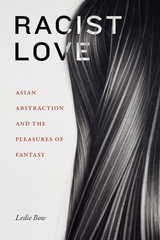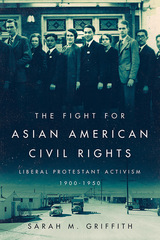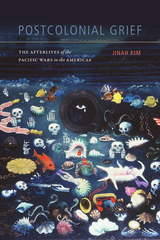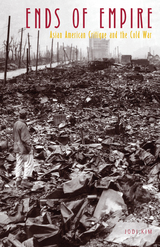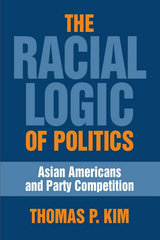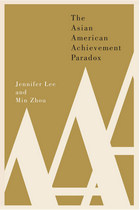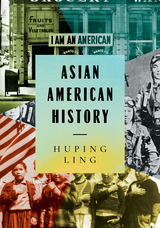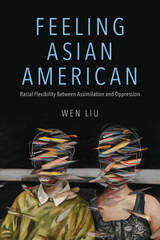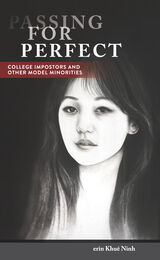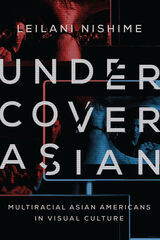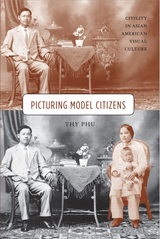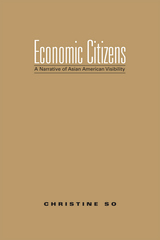The Fight for Asian American Civil Rights: Liberal Protestant Activism, 1900-1950
University of Illinois Press, 2018
Cloth: 978-0-252-04168-6 | Paper: 978-0-252-08331-0 | eISBN: 978-0-252-05035-0
Library of Congress Classification E184.A75G75 2018
Dewey Decimal Classification 323.1195073
Cloth: 978-0-252-04168-6 | Paper: 978-0-252-08331-0 | eISBN: 978-0-252-05035-0
Library of Congress Classification E184.A75G75 2018
Dewey Decimal Classification 323.1195073
ABOUT THIS BOOK | AUTHOR BIOGRAPHY | REVIEWS | TOC
ABOUT THIS BOOK
From the early 1900s, liberal Protestants grafted social welfare work onto spiritual concerns on both sides of the Pacific. Their goal: to forge links between whites and Asians that countered anti-Asian discrimination in the United States. Their test: uprooting racial hatreds that, despite their efforts, led to the shameful incarceration of Japanese Americans in World War II. Sarah M. Griffith draws on the experiences of liberal Protestants, and the Young Men's Christian Association in particular, to reveal the intellectual, social, and political forces that powered this movement. Engaging a wealth of unexplored primary and secondary sources, Griffith explores how YMCA leaders and their partners in the academy and distinct Asian American communities labored to mitigate racism. The alliance's early work, based in mainstream ideas of assimilation and integration, ran aground on the Japanese exclusion law of 1924. Yet their vision of Christian internationalism and interracial cooperation maintained through the World War II internment trauma. As Griffith shows, liberal Protestants emerged from that dark time with a reenergized campaign to reshape Asian-white relations in the postwar era.
See other books on: 1900 - 1950 | Asian American & Pacific Islander Studies | Asian Americans | Civil rights | Civil rights movements
See other titles from University of Illinois Press
